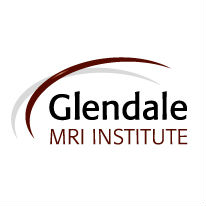According to the National Institute on Alcohol Abuse and Alcoholism, alcohol is the most widely used and abused substance among America’s youth, with two-thirds of 18-year-olds admitting to alcohol use. In fact, underage drinking is regarded as a serious public health problem nationwide, and its consequences are already having an effect in today’s society.
The campaign against underage drinking continues, with teenagers being lectured on the negative effects of alcohol consumption. Now, a recent study suggests that early intervention among possible heavy drinkers may be possible with the use of MRI.
Predicting Heavy Drinkers
The study, published online in the American Journal of Psychiatry, applied an imaging-aided model to 137 participants aged 12 to 14, 97 percent of which have never tried alcohol. The researchers combined the use of multimodal neuroimaging data, particularly both structural and functional MRI, with neuropsychological testing and demographic info.
With these, the researchers were able to identify 34 neural factors that predict adolescent alcohol consumption. These predictors include demographic and behavioral factors (being male and dating early), along with structural factors as revealed through the MRI scans (such as thinner cortices and less brain activation). This list consequently allowed the researchers to achieve 74 percent accuracy at separating 70 participants who went on to become heavy drinkers by the age of 18.
Quantifying the Risk
Previous neuropsychological and neuroimaging studies have suggested the possibility of quantifying the behavioral mechanisms of the risks for substance abuse. This study, however, found that neuroimaging yielded an increased predictive accuracy. When replicated and expanded, MRI scans can be of vital importance in predicting adolescent alcohol abuse and helping physicians conduct ways to prevent it.
Sources:
MRI may help head off underage drinking, Health Imaging
Researchers Identify Neural Factors That Predict Adolescent Alcohol Use, UC San Diego Health

